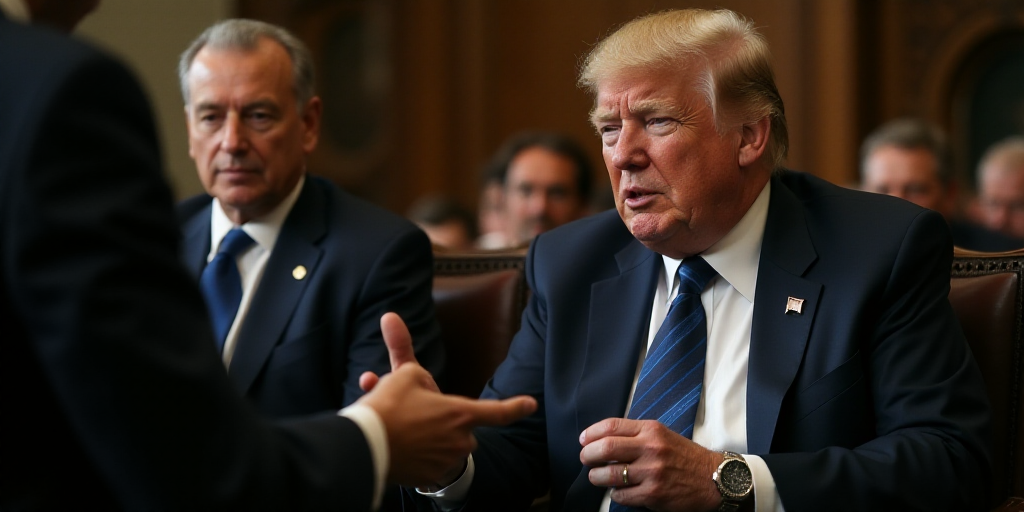Background on Alberto Musalem and Relevance
Alberto Musalem is the President of the Federal Reserve Bank of St. Louis, one of the 12 regional Reserve Banks that comprise the Federal Reserve System, the central banking system of the United States. As a voting member of the Federal Open Market Committee (FOMC), Musalem’s views and opinions on monetary policy significantly influence the overall direction of U.S. interest rates.
Key Points from Musalem’s Speech
Trade Tensions Easing:
Musalem addressed the Economic Club of Minnesota, stating that a reduction in trade tensions between the United States and China could help sustain a robust labor market. However, he cautioned that even with the easing of trade tensions, there’s a risk that the labor market could weaken and inflation might rise.
Maintaining Current Monetary Policy:
Musalem emphasized that if the de-escalation proves durable, the current monetary policy stance could remain “appropriate.” This policy aims to bring inflation back to the Fed’s 2% target while maintaining a strong labor market.
Prioritizing Price Stability:
Musalem highlighted the importance of prioritizing price stability over persistent inflationary pressures that threaten to undermine long-term inflation expectations. He stated, “The economic policy should prioritize price stability in the face of persistent inflationary pressures that threaten to erode long-term inflation expectations.”
No Guarantee of Rate Cuts:
During a subsequent discussion, Musalem clarified that even if inflation expectations remain anchored, the Federal Reserve might not lower interest rates if inflation remains high and the economy doesn’t weaken significantly.
Current Fed Stance and Future Outlook
The Federal Reserve recently kept short-term borrowing costs within the range of 4.25% to 4.50%. Policymakers have indicated that they plan to keep rates steady until there’s more clarity on the trajectory of trade and other government policies under President Donald Trump.
Musalem’s Perspective on Economic Uncertainty
Musalem pointed out that the unusually high and persistent uncertainty surrounding economic policy under Trump’s administration has led households and businesses to postpone spending and investment. This could significantly slow down the economy if the trend continues.
Balancing Inflation Risks
Musalem advised against the Federal Reserve committing to rate cuts prematurely to cushion the economy until there’s more certainty about how inflation behaves in reality.
Key Questions and Answers
- Q: What is the current stance of the Federal Reserve regarding monetary policy? A: The Fed aims to bring inflation back to its 2% target while maintaining a strong labor market. This policy stance could remain appropriate if the easing of trade tensions proves durable.
- Q: How does Alberto Musalem view the impact of trade tensions on the economy? A: Musalem believes that a reduction in trade tensions could help sustain a robust labor market, but there’s still a risk of weakening labor markets and rising inflation.
- Q: What is Musalem’s priority in the face of persistent inflationary pressures? A: Musalem prioritizes price stability over persistent inflationary pressures that threaten long-term inflation expectations.
- Q: Would the Federal Reserve lower interest rates if inflation remains high? A: Musalem suggests that the Fed might not lower rates even if inflation expectations are anchored, provided inflation remains high and the economy doesn’t weaken significantly.
- Q: How does Musalem perceive the economic uncertainty under Trump’s administration? A: Musalem believes that the high and persistent uncertainty surrounding economic policy has caused households and businesses to delay spending and investment, potentially slowing the economy.






